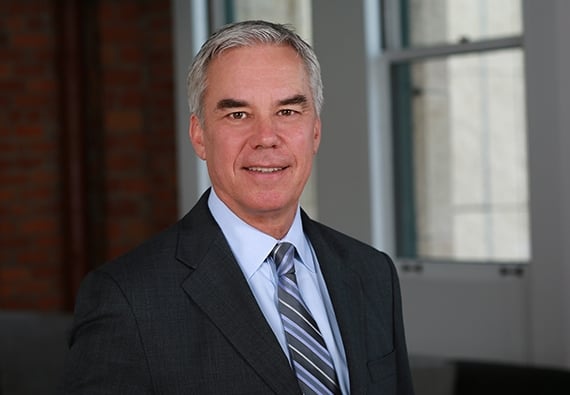California Employers Required to Pay Employees’ Work-Related Cell Phone Expenses
A California Court of Appeals held last week in Cochran v. Schwan’s Home Service, Inc. that employers must reimburse employees for cell phone expenses when the employees are required to use their personal cell phones for work-related purposes. The Court imposed this obligation even where the employee had a cell phone plan with unlimited minutes, and even if a family member or other third party paid the bill.
Background
Cochran filed a putative class action against Home Service on behalf of customer service managers who were not reimbursed for work-related use of their personal cell phone. He brought the lawsuit in Los Angeles Superior Court pursuant to California Labor Code § 2802, which requires employers to “indemnify [their employees] for all necessary expenditures or losses incurred by the employee in direct consequence of the discharge of his or her duties, or of his or her obedience to the directions of the employer.” The trial court denied class certification due to lack of commonality, finding that each class member’s damages would depend on whether a third party (e.g., Cochran’s live-in girlfriend) paid the cell phone bill, and whether the employee purchased a different cell phone plan to accommodate work-related usage.
Court of Appeal Broadly Applies Labor Code § 2802
The Court of Appeals (Second District) held that the trial court’s legal assumptions were erroneous. Reimbursement is required regardless of the employee’s cell phone plan, the court held, because employers would otherwise receive a windfall by passing operating expenses onto employees. If an employee is required to make work-related calls on a personal cell phone, then he or she necessarily incurs an expense for purposes of Section 2802—regardless of whether the added expense is passed along to a third party or the cell phone carrier. Similarly, the court found it irrelevant whether the employee changed plans to accommodate work-related cell phone usage or used a pre-existing unlimited cell phone plan. The court opined that this result was necessary to prevent employers from “digging into the private lives of their employees to unearth how they handle their finances vis-à-vis family, friends and creditors.”
The court reversed and remanded to the trial court to reconsider Cochran’s class-certification motion in light of its interpretation of Section 2802. The court left open the question of how much of the cell phone bill employers are required to pay, other than to say that the employer must pay “some reasonable percentage” of the employee’s cell phone bill. The amount will depend on the employee’s individual cell phone plan and level of work-related phone usage.
The court also did not discuss the threshold question of what constitutes a “mandate” that employees use their personal phones for work.
Practical Implications Of Cochran
The court’s ruling is specific to cell phone usage, but the reasoning could also be interpreted as applicable to other remote access expenses, including home computer use and internet or data charges. Employers whose employees may be using personal mobile devices for work use should re-examine their practices and policies in light of Cochran. Employers may consider (1) barring employees from using personal cell or home phones for work purposes, (2) providing company cell phones to employees who need to use them for work, or (3) establishing a reimbursement policy for cell phone or home computer use.


